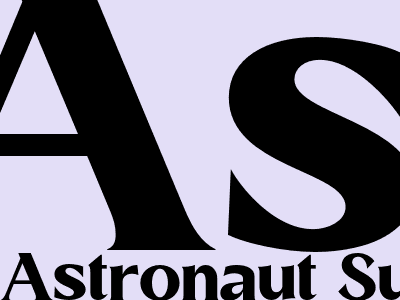
Astronaut Sunita Williams' Weight Loss Sparks NASA's Mission to Help Her Gain Weight
NASA Concerned About Astronaut's Health After Dramatic Weight Loss
Sunita Williams, an experienced astronaut with an impressive record of space missions, shocked NASA and the world after returning from an extended stay at the International Space Station (ISS) with dramatic weight loss. Reports indicate that Williams lost a significant amount of weight during her time in space, raising concerns within NASA about her health and well-being. The agency has since launched a comprehensive investigation into the underlying causes of Williams' weight loss and is working on strategies to help her regain the weight she shed in space.
Understanding the Challenges of Space Travel on the Human Body
Spending extended periods in space poses unique challenges to the human body, including significant physiological changes. Astronauts experience weightlessness in space, resulting in a loss of muscle mass and bone density. They also face altered metabolism and fluid distribution, which can affect their overall health and physical fitness. These factors combined can contribute to weight loss, as seen in the case of Sunita Williams.
To combat these challenges, NASA has implemented specific protocols and countermeasures to mitigate the adverse effects of space travel on the human body. These measures include exercise regimens, nutritional guidelines, and medical monitoring. However, the extended duration of Williams' ISS mission and individual variations in physiological responses likely contributed to the extent of her weight loss.
NASA's Investigation and Intervention Plan
In response to Williams' weight loss, NASA has initiated a thorough investigation to identify the specific factors that contributed to her condition. The agency is analyzing data from medical sensors, nutritional logs, and other relevant sources to gain a comprehensive understanding of the underlying causes. This investigation will help NASA refine its protocols and countermeasures for future space missions to prevent similar issues from occurring.
Additionally, NASA has developed a customized intervention plan tailored to Williams' specific needs. This plan includes a personalized exercise program, nutritional counseling, and medical monitoring. The aim is to help Williams regain the weight she lost in space and restore her overall health and fitness. NASA's dedicated team of experts will continue to monitor Williams' progress and adjust the intervention plan as needed.
The Importance of Nutritional Support for Astronauts
Nutrition plays a vital role in maintaining the health and well-being of astronauts during space missions. The nutrient-rich food provided by NASA supplies astronauts with the essential vitamins, minerals, and calories they need to function optimally in the challenging space environment. Proper nutrition helps astronauts maintain bone density, muscle mass, and overall physical fitness, all of which are crucial for performing complex tasks and ensuring mission success.
NASA's nutritionists carefully design the astronauts' diet based on their individual needs and the specific requirements of their mission. The agency collaborates with external experts to develop innovative food solutions that meet the unique challenges of space travel. By providing astronauts with a well-balanced and nutritious diet, NASA helps them maintain their health and performance while paving the way for future space exploration.